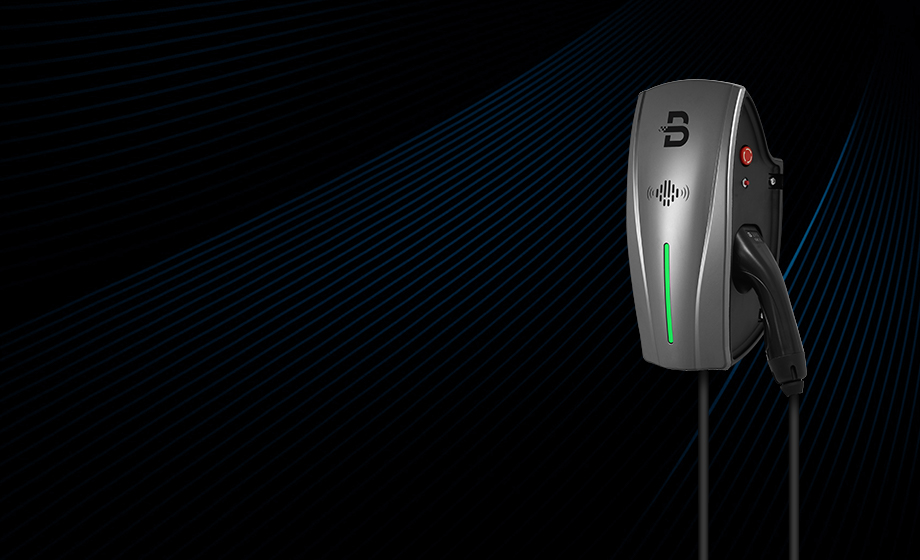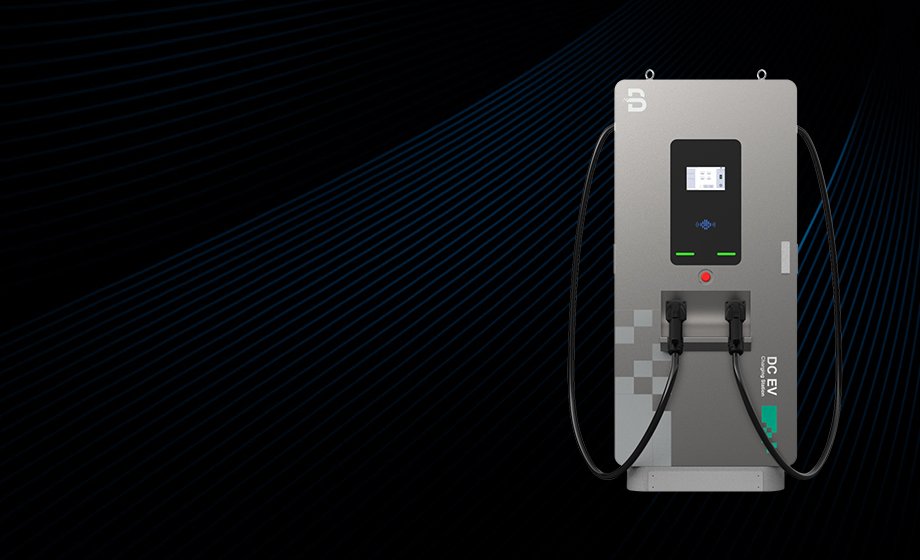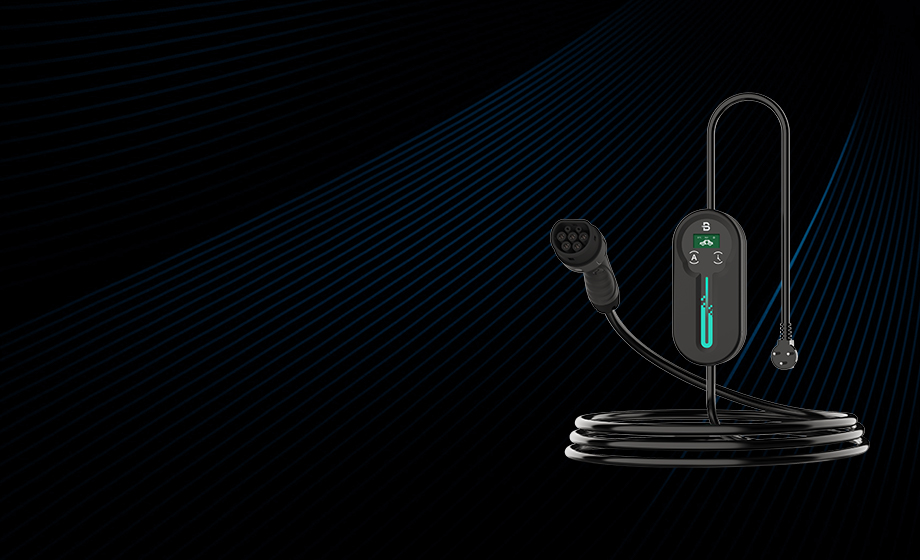The energy manager is responsible for controlling the surplus of solar power in a photovoltaic system. It helps to increase self-consumption and to use PV power more economically and efficiently.
Why should you consider a PV energy manager?
Energy management systems are a great way to increase your own consumption, namely relatively inexpensiveHigh self-consumption is now more important than ever.
The feed-in tariff has fallen dramatically in recent years and is no longer economically viable. It currently amounts to 6.34 cents per kWp (as of June 2022)
A pure photovoltaic system without electricity storage and heating support achieves self-consumption rate of only approximately 30 %. That means, 70 % of the solar power generated is fed into the public grid at a low price.
If, however, you buy electricity when the PV system is not generating any electricity itself (for example in the evening or at night), the price is over 35 cents per kilowatt hour (As of June 2022).
If you only use a small amount of your own electricity, you sell it very cheaply and buy it back at a high price. It's a loss-making business.
An energy manager helps you to use electricity when it is being produced. This means you feed less into the public grid and also buy less expensive electricity. Through increased self-consumption you save long-term electricity costs.
Compare photovoltaic offers now and save 30%!
Take 60 seconds and fill out a short form. We will connect you with up to five verified specialist companies in your region. The comparison is free and non-binding.
What are the benefits of energy management in photovoltaics?
An energy manager ensures efficient use of the self-produced solar power.
Most households use the majority of their electricity in the morning and evening. However, a PV system produces the least electricity during this time. The energy management system helps Devices then to switch on and controlwhen a lot of solar power is generated.
In addition, the energy manager monitors the energy flows in the household and automatically detects savings potentialIn addition, all data relating to the photovoltaic system is measured and recorded. This gives you a good overview. You can easily read the data from your tablet or smartphone. In addition, the energy manager can be connected to a smart meter or one smart home system be connected.
A smart meter is a digital intelligent meter, which breaks down electricity consumption by time. The data is stored for up to two years by day, week, month and year. In the future, the devices will be able to measure consumption directly digital to the responsible network supplier.
Tasks of the PV Energy Manager
An energy manager is connected to your household appliances such as washing machines and dishwashers, but also to the power storage and the electric heating system. It serves as intelligent control and monitoring center and can switch the devices on and off according to a schedule. The devices can be set so that the existing solar energy is used optimallyIf there are several devices in the household, for example, a sequence can be set so that when one electricity surplus certain devices are supplied first.
An energy manager helps you
- to use solar power efficiently,
- to improve energy flows,
- to keep track of the electricity consumption of household appliances and heating systems,
- to keep track of the power generation of the PV system,
- reduce your electricity costs,
- To increase your independence from the network operator.
Applications of a photovoltaic energy manager in the household
remote device control
In addition to the energy manager, a wireless socket in the house installed so that you can control your devices remotely. Devices, lamps and even your electric car charging station can be conveniently switched on and off from work. In addition, fixed operating hours For example, the washing machine or dishwasher can run at midday when there is a large surplus of electricity. Instead of fixed operating times, you can also set automatic functions and in this way the energy consumption adapt to your usage behavior.
charging the power storage unit
If you have an additional power storage unit in addition to your photovoltaic system, the energy manager can charging and controllingFor example, only necessary devices can be supplied with solar power. If there is still a excess, the power storage is charged. The solar power is then available late in the evening and at night. The energy manager can also help to electricity from the storage to use first before you have to buy electricity.
A combination of power storage and energy manager is one of the best ways to increase your self-consumption enormously. Self-consumption of up to 80 % is possible.
Operating a heat pump for heating
Instead of storing the excess solar power in a power storage unit, it can also be used for operation of a heat pump The heat pump can therefore support your heating system in an environmentally friendly way. In addition, you not only save on electricity, but also on heating costs.
Hot water preparation with a heating element
Similar to the heat pump, the excess electricity is used for the preparation of hot water used in the house. For example, the energy manager directs the electricity into a heating element, which then heats the domestic water. Most heating elements require only a minimum of excess power. The power can then be regulated continuously or in stages.
Since the domestic water is stored in a tank, it stays warm for many hours until it is actually needed. This increases your own consumption and also saves costs for hot water preparation.
How much does an energy manager for PV systems cost?
An energy manager for a PV system with connection to various devices, storage and heating system usually costs over 1000 €Some providers still charge monthly or annual fees for storing data in the cloud. annual fees are primarily in the double-digit range.
The exact costs of an energy manager depend heavily on the model, the Requirements and the individual installation situation.
Manufacturers and models of PV energy managers in comparison
SMA Sunny Home Manager 2.0 from SMA SOLAR
- measures energy flows in the household and controls this forecast based
- automatically detects savings potential
- records all data from the solar system
- consumption analysis of individual consumers
- Recommendations for action based on production forecasts and consumption profiles
- very low and easy installation effort
- compatible with standard WiFi wireless sockets
-> Website: SMA Sunny Home Manager 2.0
energy manager from E3/DC
- Devices such as power storage units from E3/DC already have an integrated energy manager
- measures energy flows in the household and controls this forecast based and almost loss-free
- automatically detects savings potential
- real-time remote control of all parts
- free software updates and new features via remote maintenance
- Provide emergency power in the event of a power failure
- all-rounder
-> Website: E3/DC Energy Management
Smart Energy Meter from KOSTAL
- smart energy meter records consumption and generation data
- compatible with KOSTAL inverters
- 24-hour household consumption measurement
- dynamic active power control
- easy installation
- high measurement accuracy
- Functional extensions possible via software updates
-> Website: Kostal Smart Energy Meter
Smart home controller from Bosch
- compatible with common heat pumps, Fronius inverters and Bosch household appliances
- Smart Home App is easy and intuitive to use
- Data is stored locally at home
- Control of all devices via app
- no unwanted use of mains power
- the heat pump can start even with a small surplus of electricity
- efficient individual room control
-> Website: Bosch Smart Home Controller
Conclusion
An energy manager is responsible for regulation of energy flows in the household. It is connected to the household appliances, as well as the power storage and heat pump, takes measurements of the solar system, stores them and creates consumption profiles of the devices. optimal control of the photovoltaic power surplus achieved and the self-consumption of the PV system increased.











